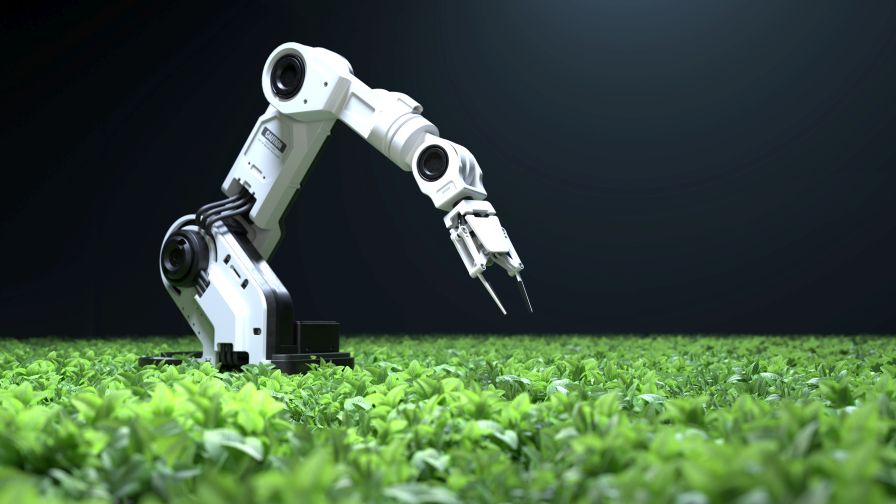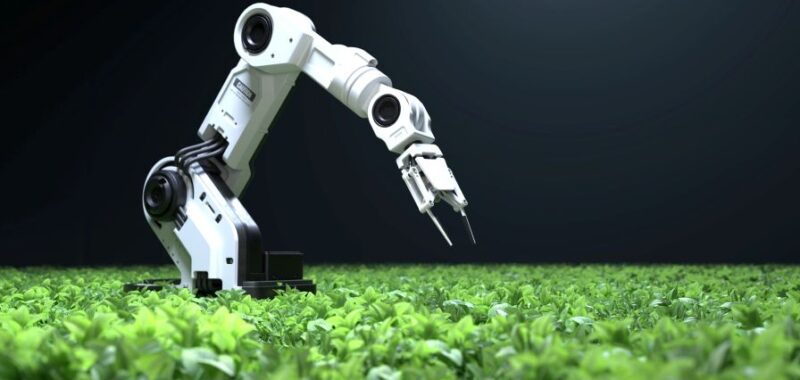
Smart robotic farmers 3D concept | ES Sarawuth
The smart agriculture industry size is projected to reach $25.4 billion by 2028, up from $16.2 billion in 2023, at a compound annual growth rate (CAGR) of 9.4% from 2023 to 2028. The surging use of modern technologies in agriculture and the rising adoption of Internet of Things (IoT), remotely operated vehicles (ROVs), and artificial intelligence (AI) in aquaculture farming are among the key factors driving the growth of the smart agriculture industry.
By segment, the smart agriculture industry for HVAC management segment held the largest share of the smart greenhouse industry in 2022.
HVAC systems play a crucial role in smart greenhouses by maintaining an ideal temperature for plant growth, nullifying the adverse impacts of changes in the external temperature, and enabling cultivation throughout the year. It is necessary to install HVAC and climate control systems in regions with a huge variation in summer and winter temperatures. Thus, the HVAC management segment held the largest share of the smart greenhouse industry in 2022 and is expected to lead the market during the forecast period.
By segment, the smart agriculture industry for orchid farming is expected to grow at the highest CAGR during the forecast period.
Orchids have gained a reputation for being exceptional cut flowers and decorative potted plants, making up a substantial proportion of the worldwide floriculture industry. Additionally, orchids have been commercially traded for medicinal purposes and as a source of food for a long period of time. As a result, there is a growing market for orchids, and farmers who can produce high-quality flowers can expect to benefit from this demand. The demand for orchids is increasing globally, and this trend is expected to continue. Owing to this, orchid farming is expected to grow at the highest CAGR during the forecast period.
By region, the smart agriculture industry in the Americas accounted for the largest share of the smart agriculture industry in 2022.
In 2022, the Americas held the largest share of the smart agriculture industry and are expected to do so during the forecast period. The growth can be attributed to the huge adoption of advanced technologies to increase crop production, improve crop management, reduce the wastage of valuable resources such as water and fertilizers, save operational costs, enhance soil productivity, and meet the rising food demand of the increasing population. The region was an early adopter of technologies, including IoT, AI, and farm monitoring devices driving market growth in the region.
Smart Agriculture Industry Key Players
Deere & Company (U.S.), Trimble Inc. (U.S.), AGCO Corporation (U.S.), Topcon Positioning Systems (U.S.), DeLaval (Sweden), AKVA Group (Norway), Allflex Livestock Intelligence (U.S.), Innovasea Systems Inc. (U.S.), Afimilk Ltd. (Israel), and Heliospectra AB (Sweden) are some of the key players in the smart agriculture industry.
0
1
5
Smart Agriculture Industry to Be Worth $25.4 Billion by 2028

